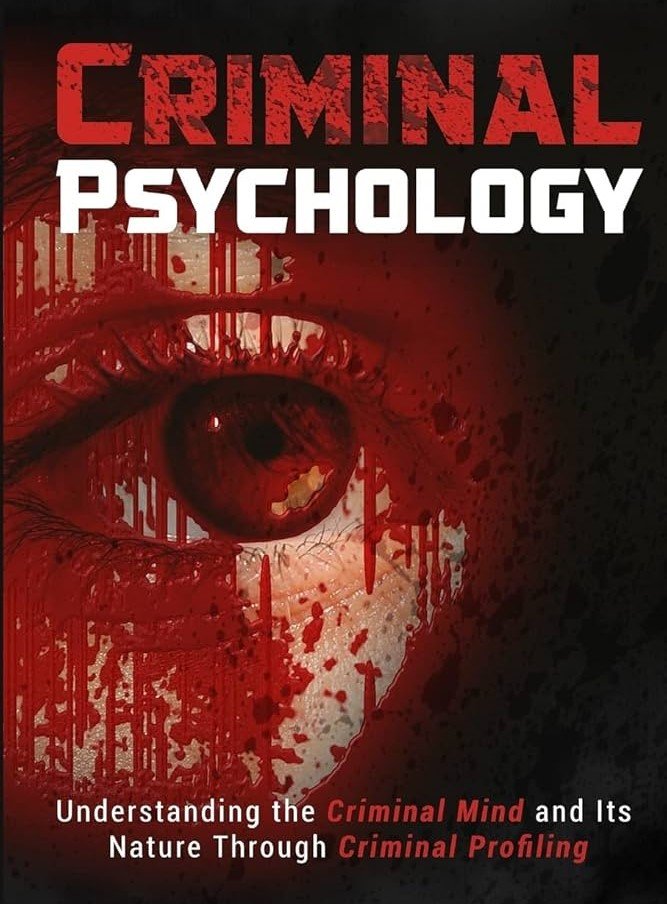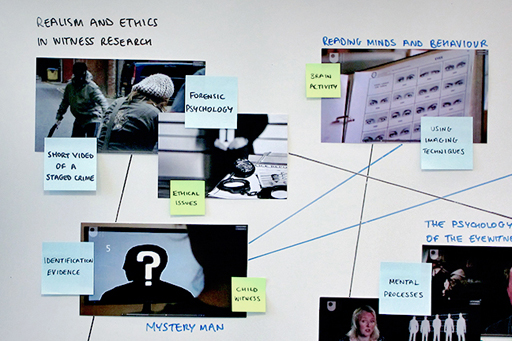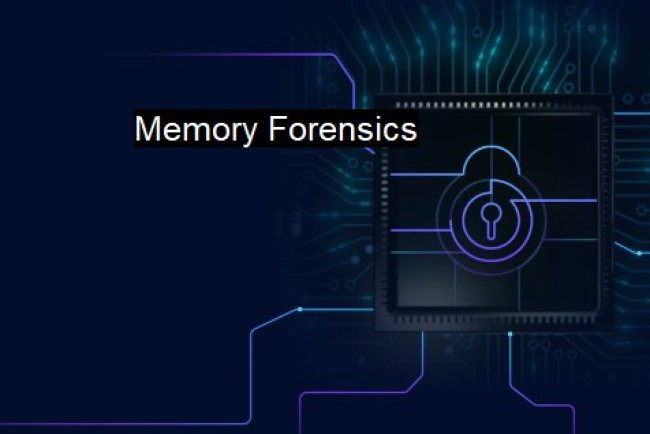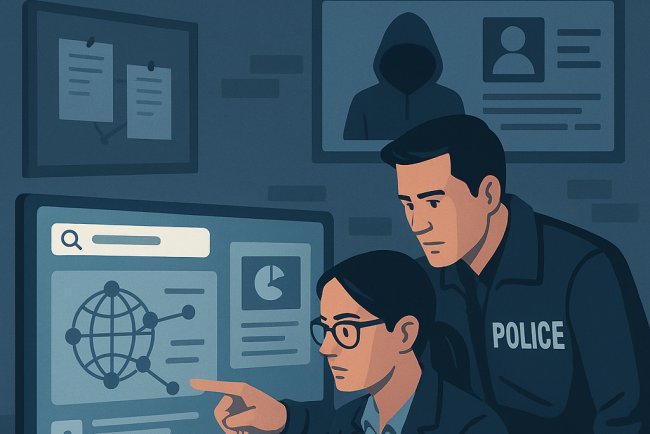Mind Games: Unraveling Crimes Through Forensic Psychology
Forensic Psychology in Criminal Investigation plays a crucial role in understanding criminal behavior, supporting law enforcement, evaluating suspects, and assisting in solving crimes. It blends psychological expertise with investigative procedures to uncover the motive, mindset, and patterns behind criminal acts.

Role of Forensic Psychology in Criminal Investigation
1. Criminal Profiling (Offender Profiling)
-
Purpose: To identify likely characteristics of an unknown offender.
-
Based On:
-
Crime scene analysis
-
Victimology
-
Behavioral patterns
-
-
Types:
-
Clinical Profiling (based on mental disorders)
-
Statistical/Actuarial Profiling (data-driven)
-
Geographic Profiling (analyzing locations of crimes)
-
Used in serial crimes: murders, arson, rape, etc.
2. Interrogation Support & Suspect Interviewing
-
Psychological strategies to guide questioning techniques.
-
Detecting deception, recognizing mental illness, or distress.
-
Using knowledge of suggestibility and memory to avoid false confessions.
Helps tailor approach based on suspect's psychological profile.
3. Assessment of Mental State
-
At the Time of Crime:
-
Determines criminal responsibility (e.g., insanity plea).
-
-
During Investigation:
-
Assesses fitness for interrogation or custody.
-
-
Tools Used:
-
Mental health interviews
-
Personality assessments
-
Cognitive evaluations
-
4. Understanding Motive and Intent
-
Helps explain why a crime was committed:
-
Revenge
-
Power/control
-
Mental illness
-
Financial gain, etc.
-
-
Aids investigators in narrowing suspects and predicting future actions.
5. Victimology and Crime Reconstruction
-
Analyzes:
-
Victim's lifestyle, behavior, and choices
-
Relationship with offender
-
-
Reconstructs timeline and psychological interaction between victim and suspect.
Vital for stalking, sexual assault, or domestic violence cases.
6. Threat Assessment
-
Predicts the likelihood of future violence.
-
Used in:
-
School shooting threats
-
Domestic violence risk evaluations
-
Terrorism and radicalization cases
-
7. Behavioral Evidence Analysis
-
Interprets behaviors left at a crime scene:
-
Organized vs. disorganized offender
-
Signature behaviors
-
Level of planning and control
-
-
Infers emotional and psychological state of the perpetrator.
8. Lie Detection and Polygraph Evaluation
-
While polygraphs are controversial, forensic psychologists analyze:
-
Verbal and non-verbal cues
-
Microexpressions
-
Consistency of statements
-
Used carefully—results often inadmissible in court.

Psychological Theories Used in Investigations
-
Social Learning Theory: Criminals may mimic behavior seen in others.
-
Psychoanalytic Theory: Unresolved unconscious conflicts may drive crime.
-
Cognitive Distortion: Offenders justify or rationalize their actions.
-
Personality Theories: Certain traits (e.g., psychopathy) linked to specific crimes.
Benefits in Investigations
-
Speeds up suspect identification
-
Prevents wrongful arrests
-
Helps law enforcement predict, prevent, and understand criminal acts
-
Assists in obtaining confessions and witness cooperation
Limitations
-
Profiles are probabilistic, not definitive
-
Risk of confirmation bias
-
Cannot replace physical evidence
-
Some techniques (like lie detection) lack scientific validity
Follow cyberdeepakyadav.com on
Facebook, Twitter, LinkedIn, Instagram, and YouTube
What's Your Reaction?

























